Scientific Horizons of Karazin University: Young Radiophysicist Oleg Svystunov on Quantum Light Vortices and the Formation of New Generations of Laser Radiation
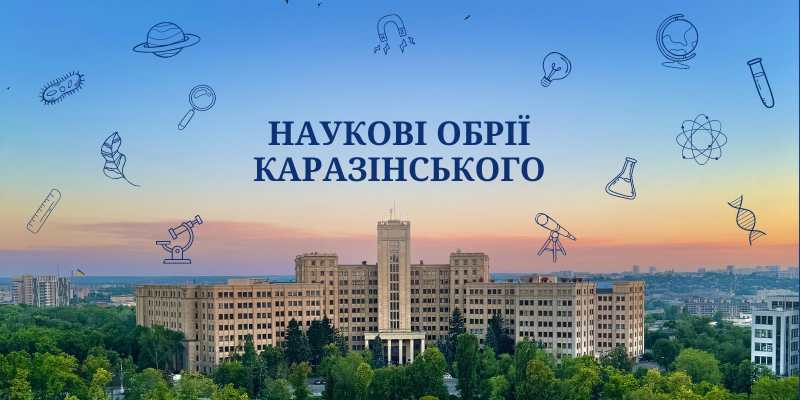
In today’s world of science, where new technologies and challenges emerge daily, young researchers who are not afraid to experiment and seek unconventional solutions play an important role. One such researcher is Oleg Svystunov, a young radiophysicist who, during his studies at V. N. Karazin Kharkiv National University, showed himself as a determined scientist with a deep interest in the physics of the microworld.
Oleg graduated from the university in 2020. Today, he is in the final year of his postgraduate studies at the School of Radiophysics, Biomedical Electronics, and Computer Systems (RBECS), continuing his scientific path in the specialty "Applied Physics and Nanomaterials."
His research focuses on advanced topics: the study of the physical properties of high-frequency laser radiation beams, their propagation and focusing features for future use, for instance, in multichannel data transmission, known as multiplexing.
The materials of Oleg's dissertation are already being used in the teaching of such courses as "Fundamentals of Radio Optics" and "Laser Resonators." Despite the complexity of the topic, Oleg is convinced:
"True science is always a search. And if you have inspiration, support, and access to modern equipment — nothing is impossible."
Mr. Svystunov, how has your postgraduate life changed with the full-scale war?
It has become harder to travel, participate in international events, and stay focused with everything happening around. Sometimes it's difficult to maintain concentration. But overall, I continued working as before: writing articles, working on my dissertation, communicating with my scientific advisor.
Despite the difficulties, I managed to make progress. Not everything went according to plan, of course, but I’m gradually accomplishing the main goals. I'm finishing up my PhD thesis and preparing for the defense.
What is the focus of your research? What’s new about it? Who is your academic supervisor?
My research focuses on the spatial dynamics of terahertz vortex laser beams. The work is mainly theoretical for now, as it's difficult to conduct experiments during wartime, but it has real applications, which makes it relevant.
The chosen topic is related to the practical need to develop new energy-efficient methods for forming vortex laser beams of continuous-wave radiation in quantum molecular generators of the terahertz range and to study their spatial dynamics in free space.
Vortex laser beams, which combine the advantages of terahertz waves and orbital angular momentum, are necessary to address important fundamental and applied challenges in terahertz and quantum optics, high-resolution imaging, terahertz communication systems, micro-object manipulation, studies of linear and nonlinear material responses, electron bunch acceleration and control, and the detection of astrophysical sources.
My scientific supervisor is Prof. Vyacheslav Oleksandrovych Maslov, Doctor of Physical and Mathematical Sciences, Head of the Department of Quantum Radiophysics at RBECS. It's comfortable working with him — he’s always available, supportive when a push is needed, and gives space when that’s more helpful.
What is your opinion on how Ukrainian science should develop during and after the war?
I think it all starts with the basics—proper working conditions. We need resources, equipment, and stable funding. Supporting young researchers is also crucial.
In my opinion, at the very least, we should create minimal opportunities here, so that people don’t lose motivation.
What supports, motivates, and inspires you?
Probably, the most important thing is the habit of holding on to what’s yours. If you’ve invested so many years in something, you don’t just quit. It’s no longer just about inspiration — it’s more about inner inertia.
Also, the sense that it all has meaning: even if not on a global scale, at least on a local level. Doing your part well, defending your dissertation—that’s important, too.
And then there's interest. If the topic really feels like yours, it keeps you going. Even when everything around is changing, your mind still returns to thoughts about experiments and tasks. It helps bring stability.
What was your biggest achievement in the past year?
Probably the fact that I managed to finish writing the dissertation, summarize the main results, which are already published in journals.
I also managed to participate in several conferences, even though they were online—it gave me a chance to discuss results with colleagues and get feedback. Overall, just maintaining a steady work pace was an achievement.
It’s hard to predict how long the war will last. Have you planned anything important for your life or science regardless of it all?
Yes, it’s definitely harder to plan long-term now. But that doesn’t mean you shouldn’t plan at all. Personally, I decided to complete my dissertation and bring the work to its conclusion, no matter the external circumstances.
That’s something that depends on me.
Karazin University’s postgraduate program turns 100! As we wrap up, what role has postgraduate study played in your journey, and what thoughts would you like to share with the Karazin community?
From a practical perspective, postgraduate study helped me realize that science is not just theory. It’s also about taking responsibility for your own results, not being afraid to make mistakes and to learn from them.
I want to wish everyone at Karazin to never stop at what has been achieved. The desire to move forward and explore new possibilities, in my opinion, is the foundation of success in science.
And don’t be afraid to ask for help from those who’ve already walked this path.



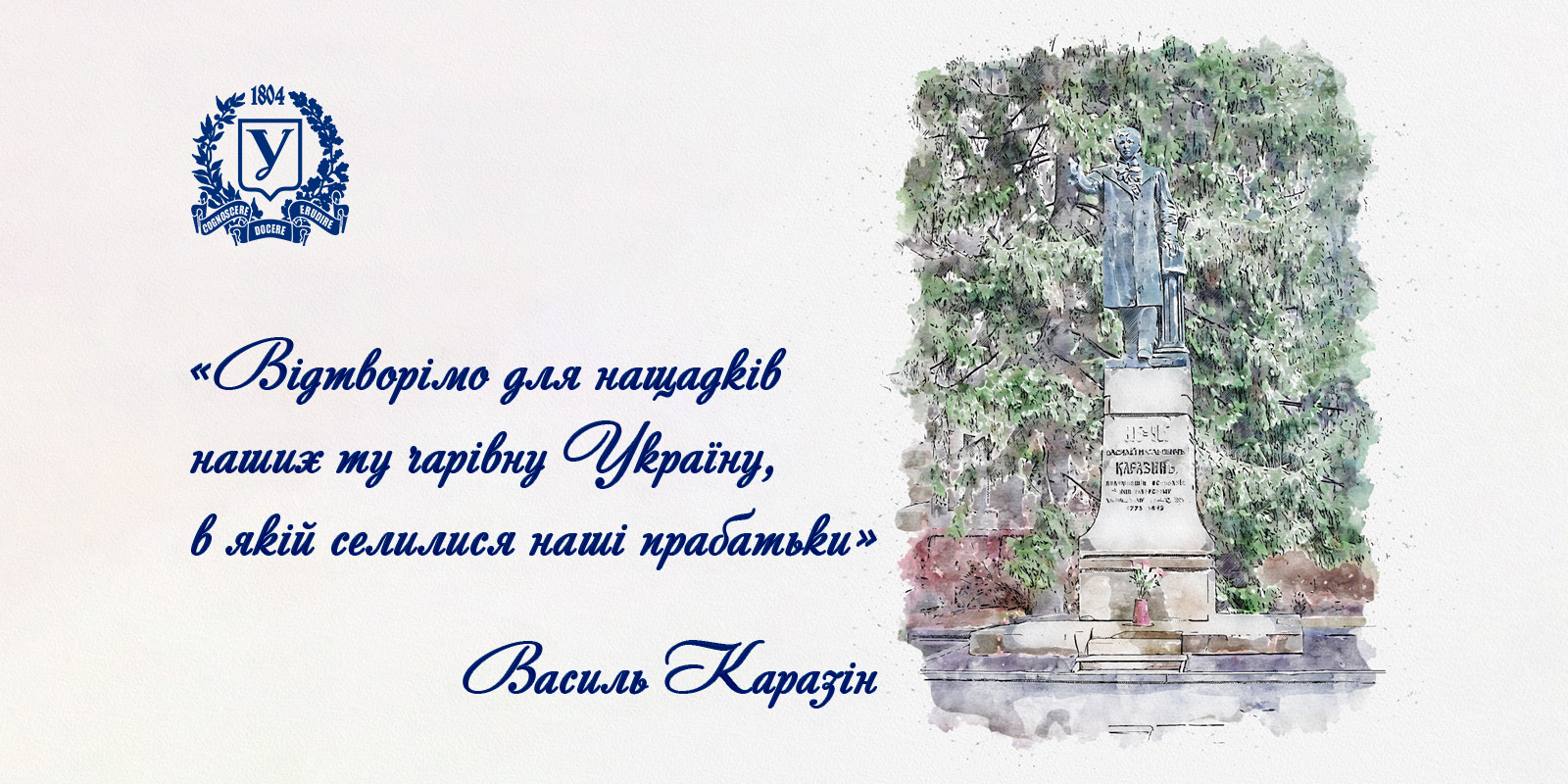
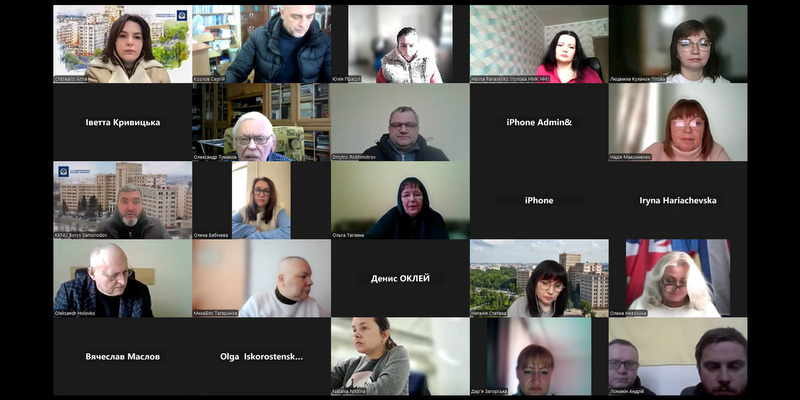
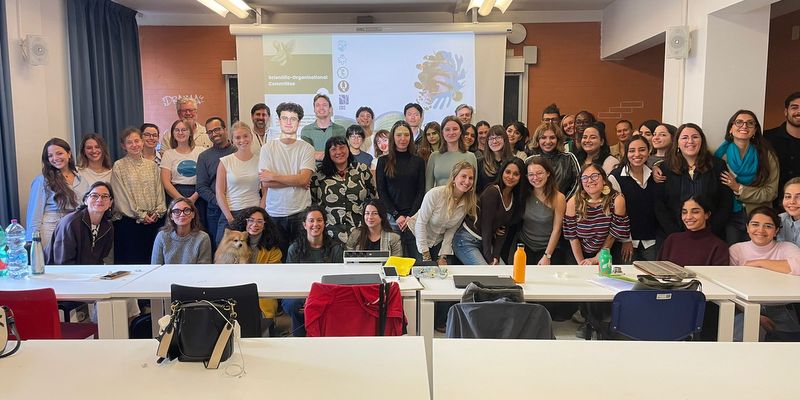
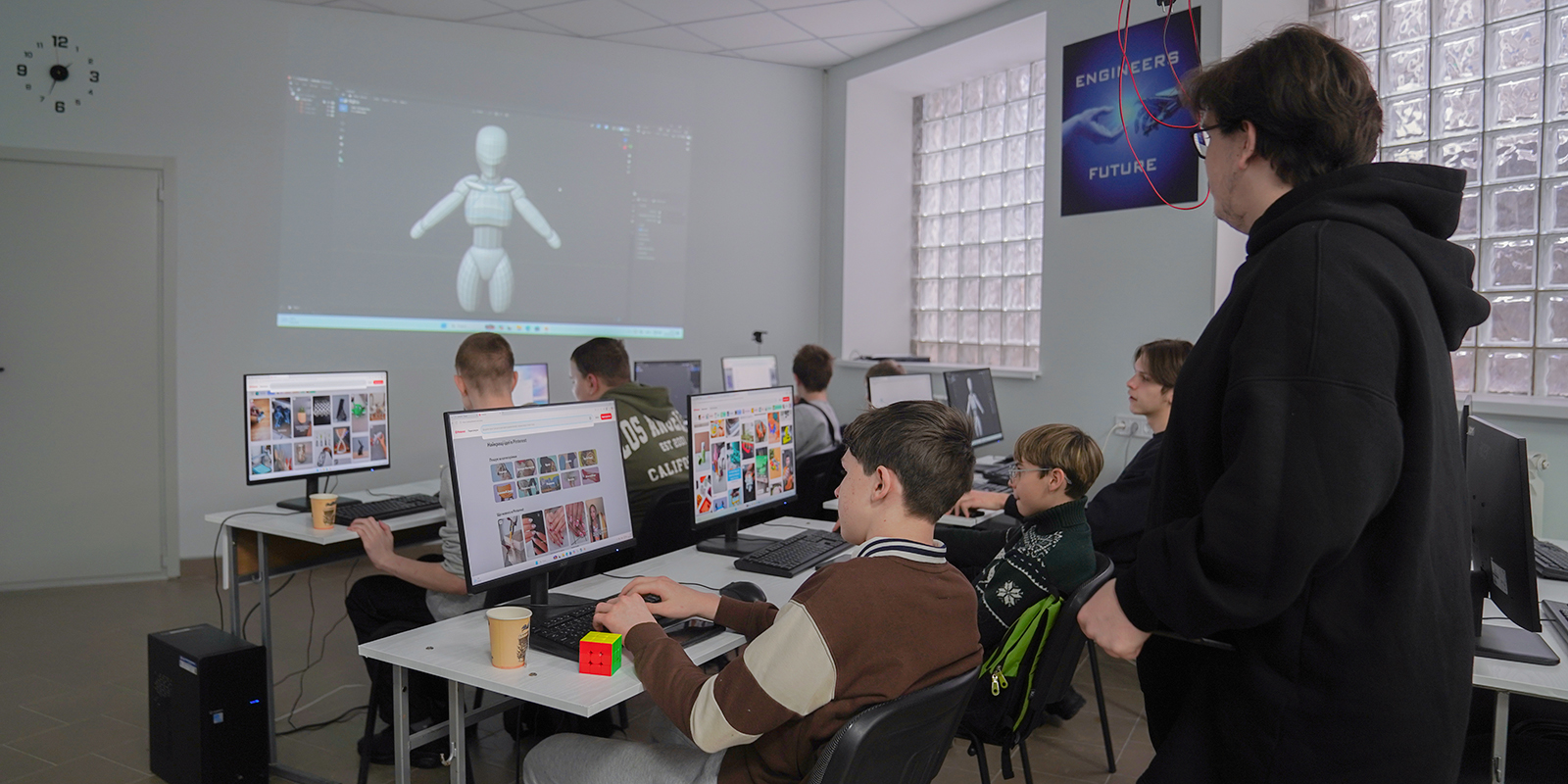
.jpg)
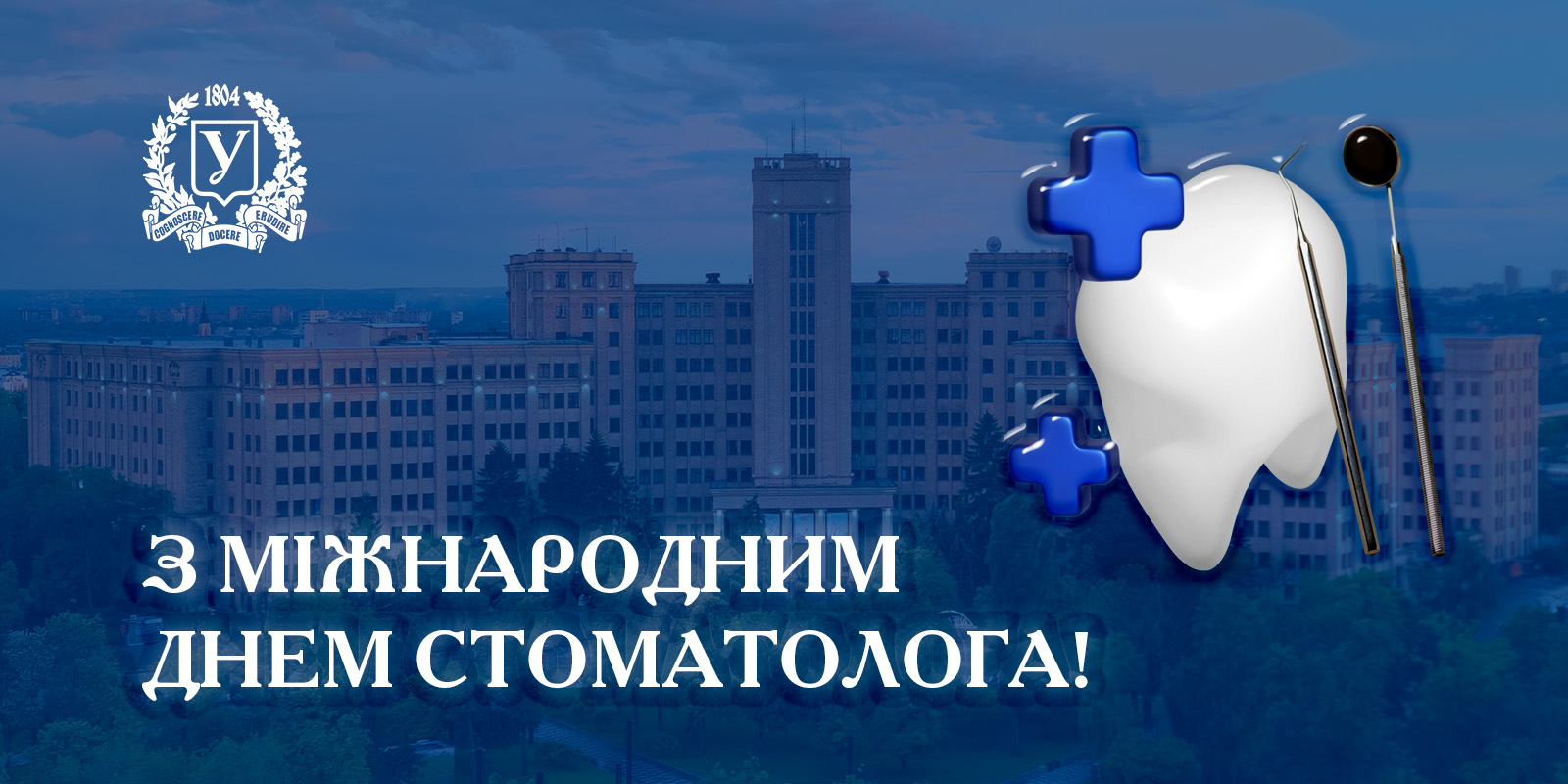
%20(1).jpg)
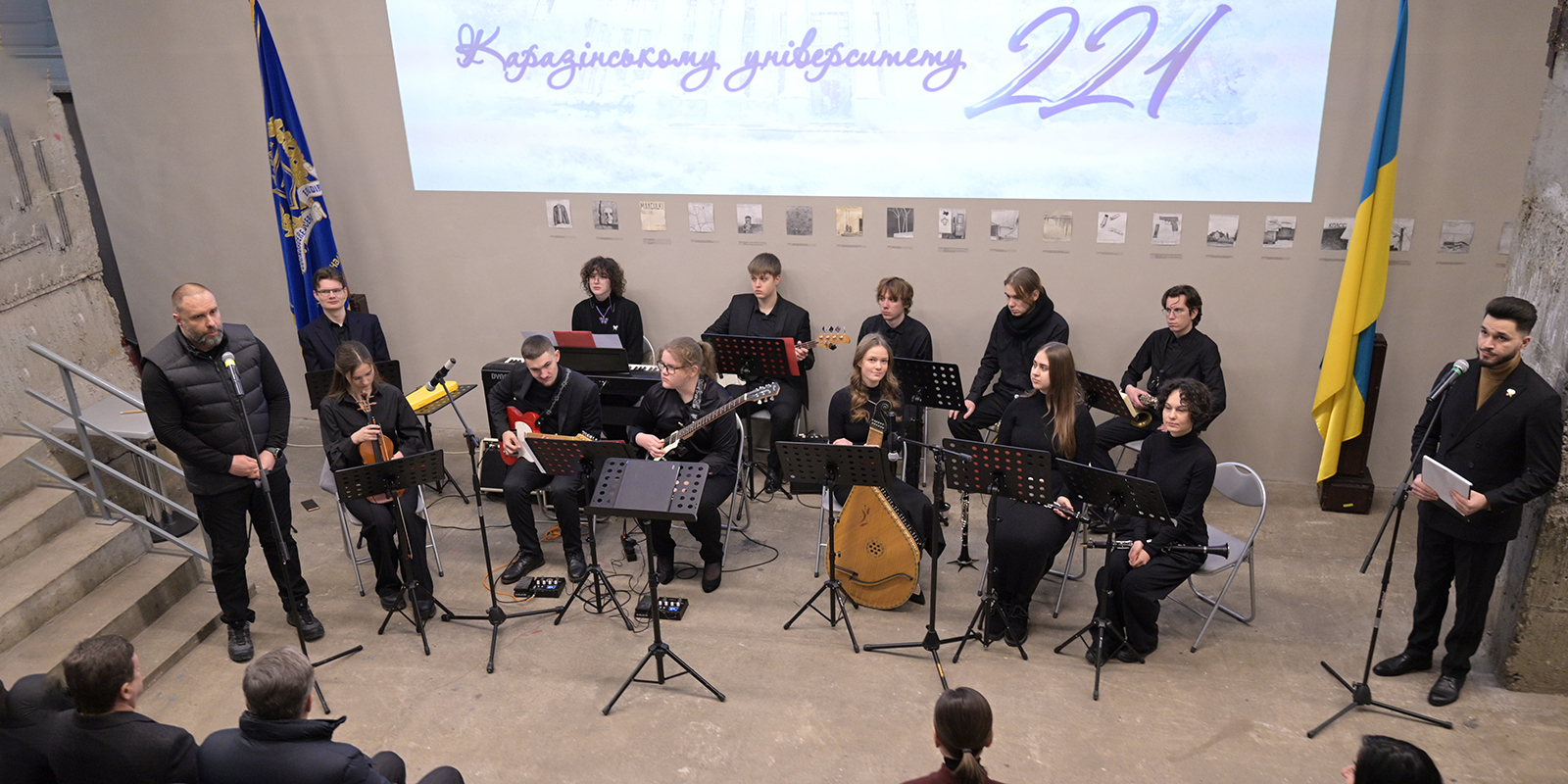
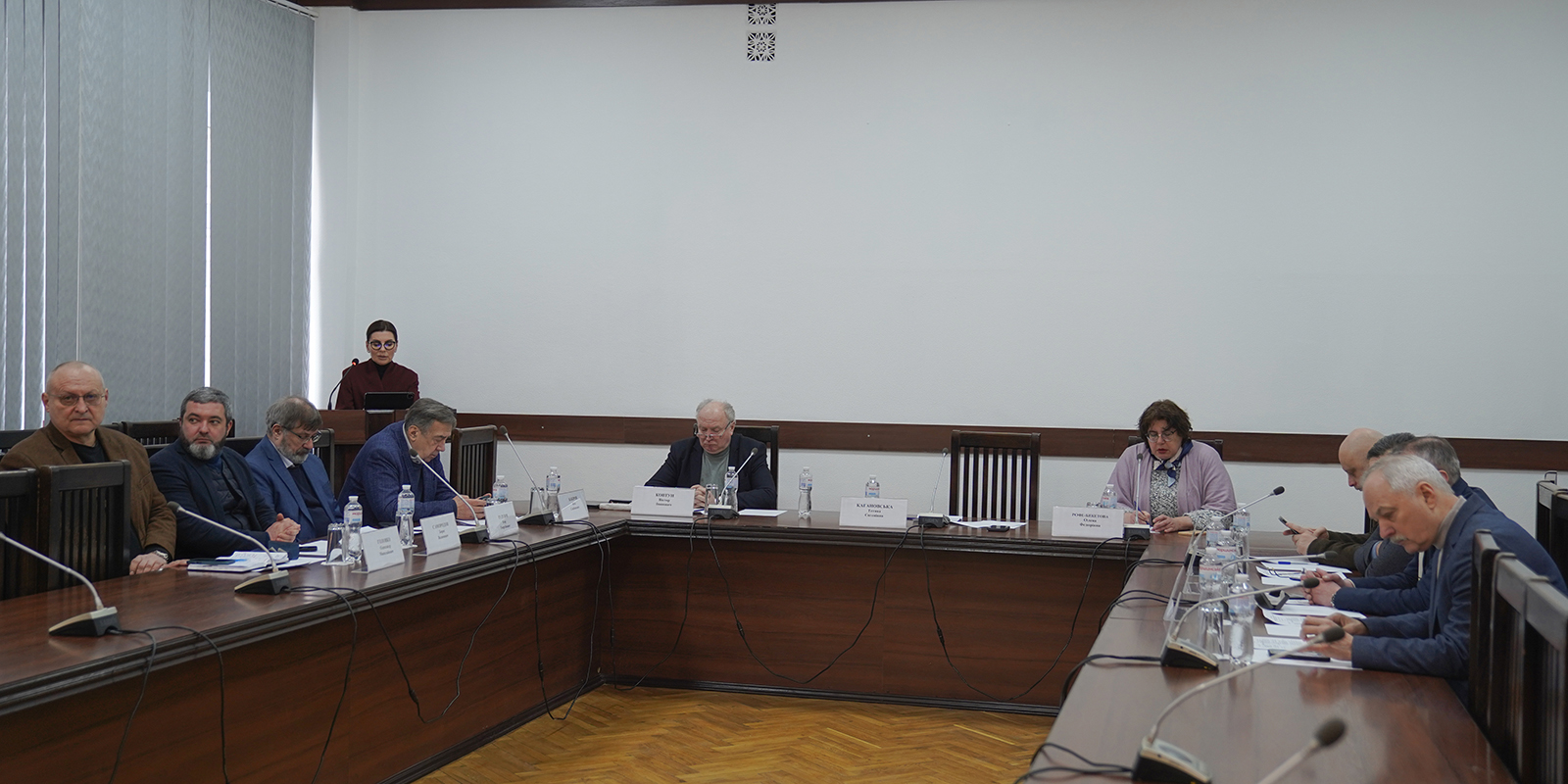
%20(1).png)